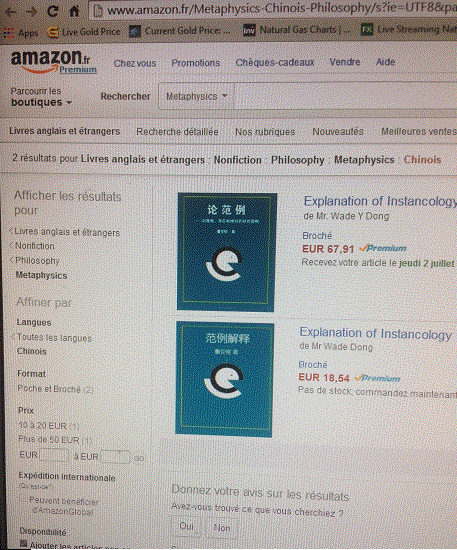Instancology implies nihilism?
Does Instancology imply nihilism since every instance will end
Great question—and a profound one.
No, Instancology does not imply nihilism, even though it acknowledges that every instance (in RA, AR, RR) will end.
Here's why:
---
1. Instances End, But the Whole Is Eternal
Instancology teaches that every individual instance arises, exists temporarily, and dissolves—but they are all grounded in the Absolute Absolute (AA), which is unspeakable, unalterable, and eternal. So even though all things pass, the background or ground from which they come does not.
This is not nihilism—this is transcendence.
---
2. Meaning Comes from Wholeness, Not Permanence
In nihilism, meaning is denied because things don’t last.
But in Instancology, meaning is not derived from permanence, but from being part of a Whole. Every instance is complete in itself as a whole, and wholeness gives meaning, not duration.
You could say:
> A flower that blooms and dies is still meaningful because it was a whole instance—not because it lasted forever.
---
3. Nihilism Is a Product of RR (Relative Relative)
Nihilism is a human concept, a product of language, culture, and reasoning (RR).
Instancology bypasses that by grounding meaning in AR (Absolute Relative) and ultimately in AA, which is beyond human projection.
So, from Instancology’s view, nihilism is just another relative perspective, not an ultimate truth.
---
4. Final Truth Doesn’t Depend on Continuation
Instancology holds that the final truth lies in AA, not in whether something persists. Since AA is untouched by time, ending or not ending is irrelevant to truth.
In fact, understanding that every instance ends might free us from the illusion of permanence, and open the way to insight (悟性, WuXing).
---
If anything, Instancology implies anti-nihilism:
It removes false sources of meaning (like permanence or utility) and replaces them with the reality of Whole-in-itself, embedded in the eternal fabric of the Absolute.
